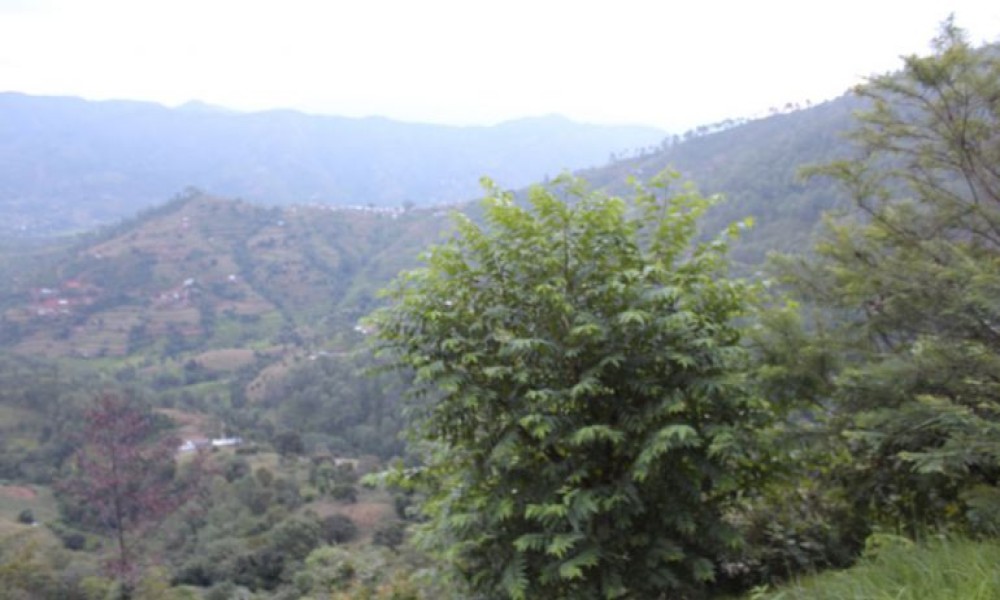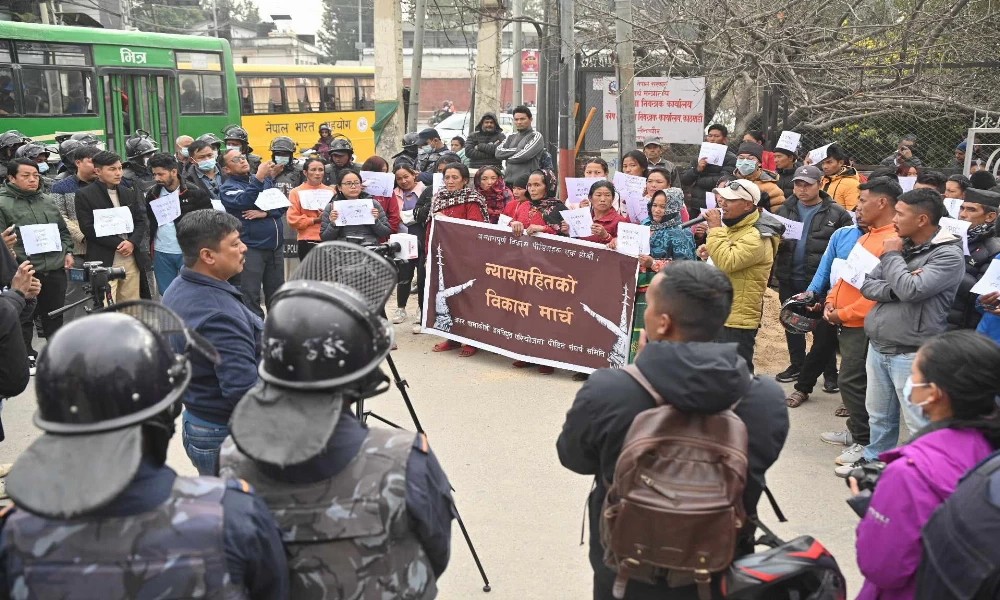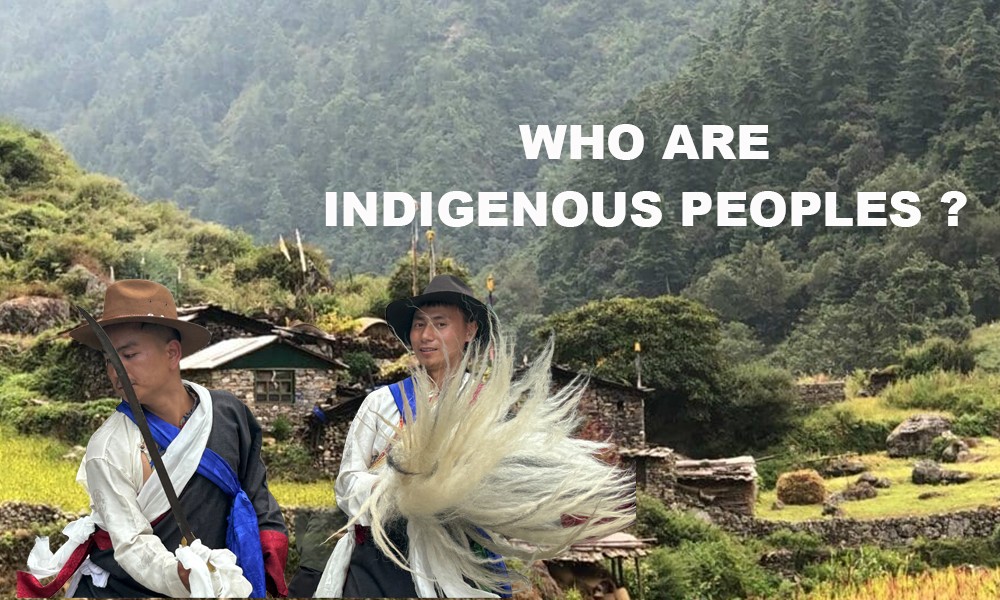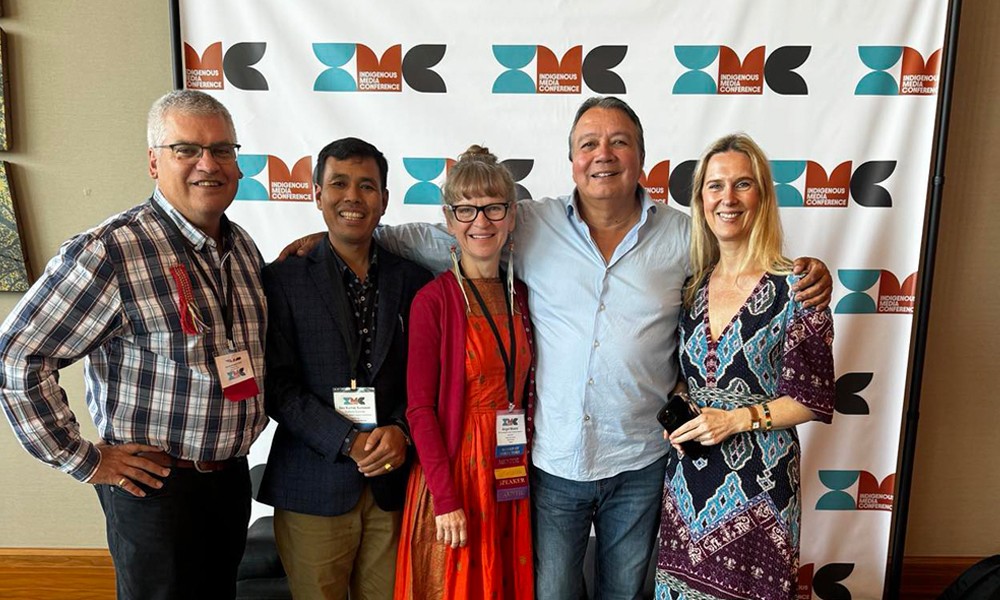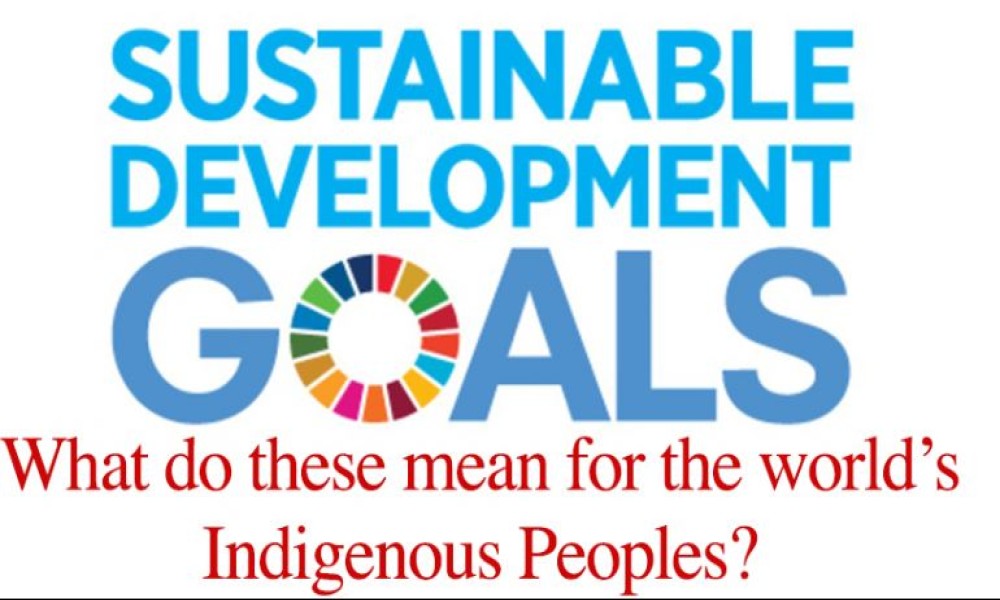The International Labour Organisation (ILO) Convention 169, the UN Declaration on the Rights of Indigenous People (UNDRIP) 2007 and the Convention on Biological Diversity 1992 are some of the important universal legal instruments that safeguard rights of Indigenous Peoples around the world. Both the ILO 169 and the UNDRIP 2007 have safeguarded Indigenous People's rights over land, forest and natural resources that they have been occupying, managing and preserving for generations. According to these international laws, the states have to secure Free, Prior and Informed Consent (FPIC) of Indigenous Peoples before allowing or undertaking any development projects that could affect their lives, livelihood, identity and culture. In this process, representative organisations of Indigenous People need to be consulted.
Indigenous peoples shall not be forcibly removed from their lands or territories. No relocation shall take place without the free, prior and informed consent of the indigenous peoples concerned and after agreement on just and fair compensation and, where possible, with the option of return.
The Article 25 of the UNDRIP says that Indigenous peoples have the right to maintain and strengthen their distinctive spiritual relationship with their traditionally owned or otherwise occupied and used lands, territories, waters and coastal seas and other resources and to uphold their responsibilities to future generations in this regard. The Article 26 has three sub-clauses. The Article 26 (1) says Indigenous peoples have the right to the lands, territories and resources which they have traditionally owned, occupied or otherwise used or acquired. The Article 26 (2) says Indigenous peoples have the right to own, use, develop and control the lands, territories and resources that they possess by reason of traditional ownership or other traditional occupation or use, as well as those which they have otherwise acquired. And the Article 26 (3) says States shall give legal recognition and protection to these lands, territories and resources. Such recognition shall be conducted with due respect to the customs, traditions and land tenure systems of the indigenous peoples concerned.
The Article 10 of the UNDRIP is even more important. It says indigenous peoples shall not be forcibly removed from their lands or territories. No relocation shall take place without the free, prior and informed consent of the indigenous peoples concerned and after agreement on just and fair compensation and, where possible, with the option of return.
The countries that have been parties to the ILO Convention 169 and the UNDRIP 2007 have violated Indigenous Peoples' rights safeguarded by international laws. So they must correct their mistakes, and honour Indigenous People's rights.
The Article 28 of the ILO Convention 169 guarantees Indigenous People's rights to have compensation if they are evicted from lands where they have been living, or prevented from using natural resources on which their livelihood depends.
UN Special Rapporteur Victoria Tauli-Corpuz says: "The countries that have been parties to the ILO Convention 169 and the UNDRIP 2007 have violated Indigenous Peoples' rights safeguarded by international laws. So they must correct their mistakes, and honour Indigenous People's rights."
UN Special Rapporteur Victoria Tauli-Corpuz was speaking at the recent IUCN World Conservation Congress, which was held in Hawaii of the US, from 1 to 10 September this year. More than 9,500 government representatives, NGO activists working to preserve nature, environment and rights of Indigenous People and conservation activists had participated in the conference.



